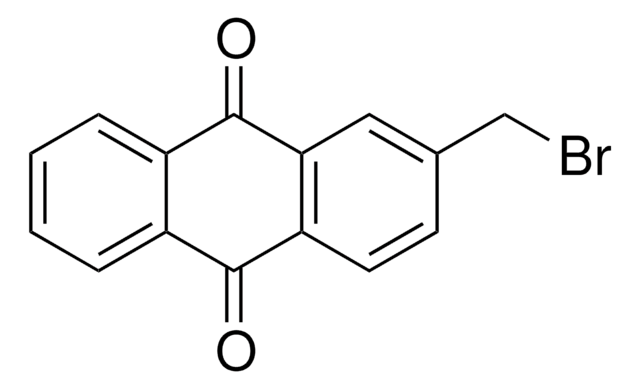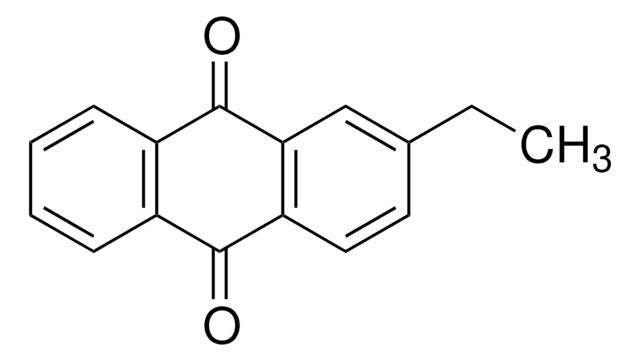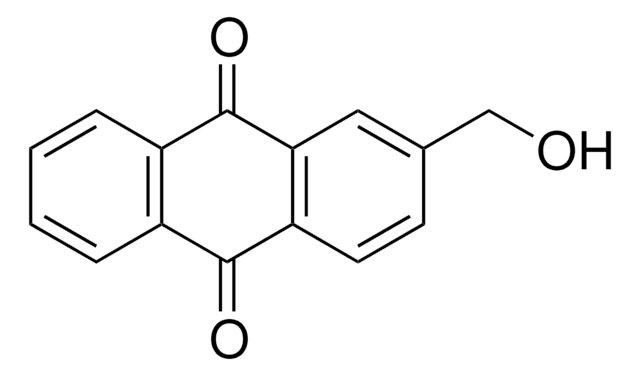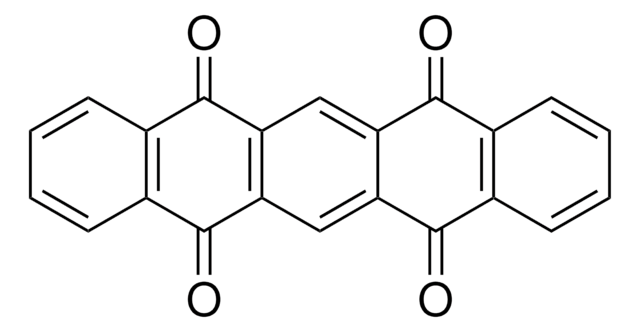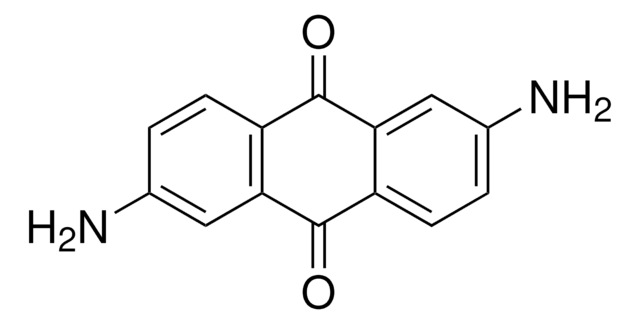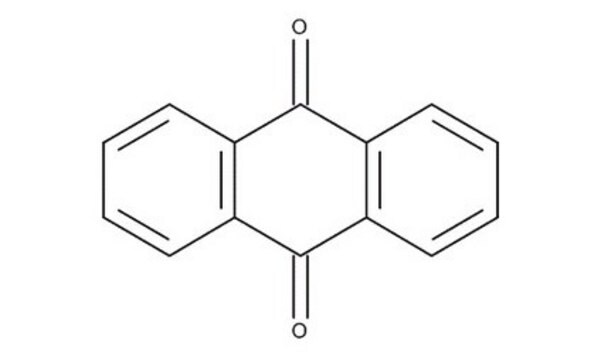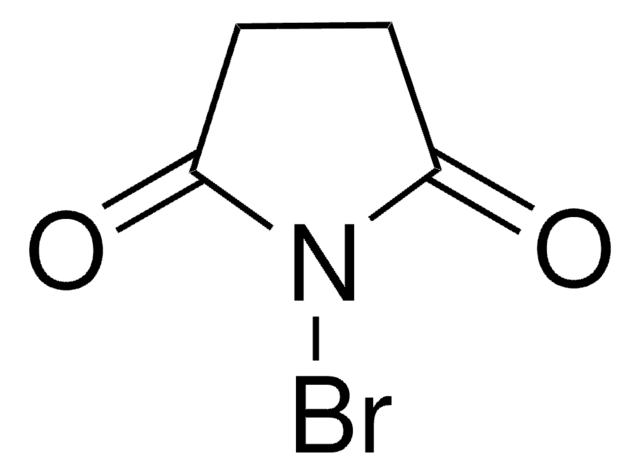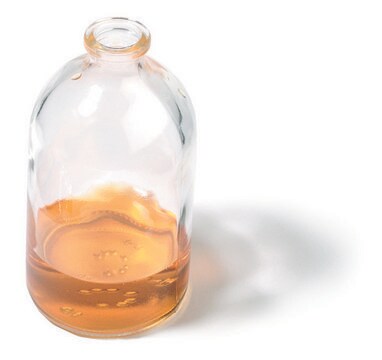65800
2-Methylanthraquinone
technical, ≥95% (HPLC)
Synonyme(s) :
2-MAQ
About This Item
Produits recommandés
Qualité
technical
Niveau de qualité
Pureté
≥95% (HPLC)
Impuretés
3-4% 1-methylanthraquinone
Point d'ébullition
236-238 °C/10 mmHg (lit.)
Pf
170-173 °C (lit.)
Groupe fonctionnel
ketone
Chaîne SMILES
Cc1ccc2C(=O)c3ccccc3C(=O)c2c1
InChI
1S/C15H10O2/c1-9-6-7-12-13(8-9)15(17)11-5-3-2-4-10(11)14(12)16/h2-8H,1H3
Clé InChI
NJWGQARXZDRHCD-UHFFFAOYSA-N
Informations sur le gène
human ... CTSG(1511) , ELA2(1991)
Vous recherchez des produits similaires ? Visite Guide de comparaison des produits
Application
Code de la classe de stockage
11 - Combustible Solids
Classe de danger pour l'eau (WGK)
WGK 3
Point d'éclair (°F)
408.2 °F - closed cup
Point d'éclair (°C)
209 °C - closed cup
Équipement de protection individuelle
Eyeshields, Gloves
Faites votre choix parmi les versions les plus récentes :
Déjà en possession de ce produit ?
Retrouvez la documentation relative aux produits que vous avez récemment achetés dans la Bibliothèque de documents.
Les clients ont également consulté
Notre équipe de scientifiques dispose d'une expérience dans tous les secteurs de la recherche, notamment en sciences de la vie, science des matériaux, synthèse chimique, chromatographie, analyse et dans de nombreux autres domaines..
Contacter notre Service technique
